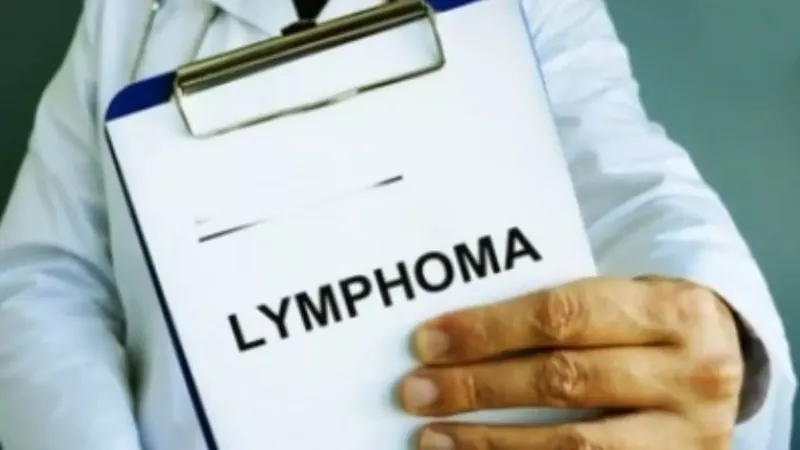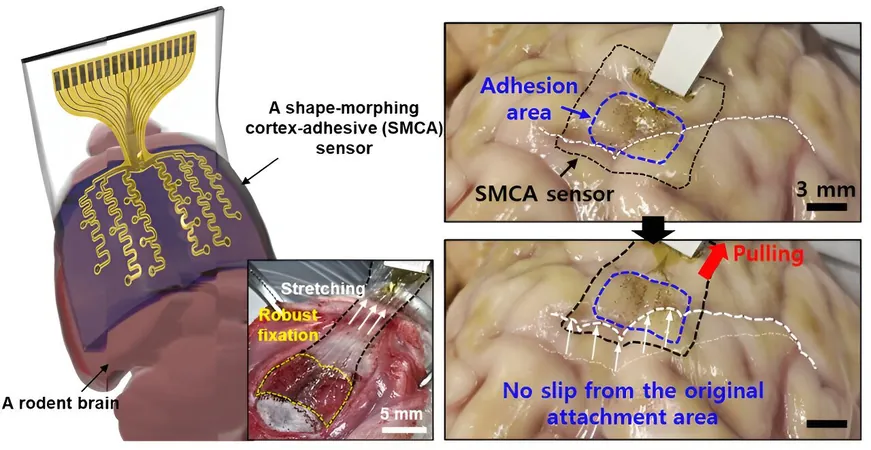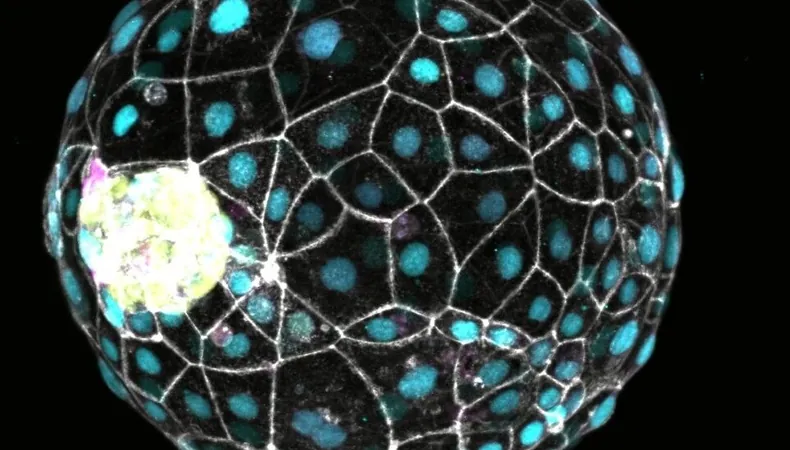
CAR-T Cell Therapy and Bone Marrow Transplant Revolutionizing Lymphoma Treatment: Experts Weigh In!
2024-09-16
Introduction
In a groundbreaking revelation, experts from the medical community have underscored the transformative impact of advanced treatments such as CAR-T cell therapy and Bone Marrow Transplant (BMT) on the survival outcomes for lymphoma patients. This announcement comes in light of September being recognized as World Lymphoma Awareness Month, an initiative aimed at increasing public understanding of this significant health issue.
Lymphoma Overview
Lymphoma, a prevalent type of blood cancer that targets lymphocytes—an essential component of the immune system—is increasingly common in India. Globally, lymphoma is responsible for approximately 3-4% of all cancer cases, with the two primary types being Hodgkin's Lymphoma (HL) and Non-Hodgkin's Lymphoma (NHL). Notably, NHL is the more frequently diagnosed form.
In India, the frequency of lymphoma cases is estimated to range from 1.8 to 2.5 cases per 100,000 individuals each year, with NHL being particularly rampant among older demographics. The prognosis for lymphoma patients has markedly improved over the past few decades: the 5-year survival rate for Hodgkin's Lymphoma stands at an impressive 86%, while Non-Hodgkin's Lymphoma has a survival rate of around 72%.
Symptoms and Diagnosis
Health professionals note that Hodgkin's Lymphoma typically manifests in the upper body, particularly in areas such as the neck, chest, or armpit. On the other hand, Non-Hodgkin's Lymphoma can emerge in lymph nodes across various regions of the body.
Expert Insights
Dr. Ashish Gupta, a Medical Oncologist affiliated with Unique Hospital Cancer Centre in New Delhi, emphasized the significance of modern treatment modalities. He stated, "Innovative treatment options such as targeted therapy, CAR-T cell therapy, and BMT have dramatically improved clinical outcomes. Patients who were once deemed terminal are now experiencing recovery due to these cutting-edge therapies."
Early detection remains crucial, especially for Hodgkin's Lymphoma, where the cure rate significantly increases if diagnosed early. Awareness initiatives play a vital role in helping the public recognize concerning symptoms, including swollen lymph nodes, fever, night sweats, and chronic fatigue, which are often misinterpreted as common ailments.
Dr. C N Patil, Head of Medical Oncology and Haemato-Oncology at Aster RV Hospital, noted the promises of immunotherapy, particularly CAR-T cell therapy. He remarked, "This treatment has emerged as a game-changer for particular lymphoma subtypes, notably those resistant to conventional therapies. Moreover, precision medicine, bolstered by genetic profiling, facilitates personalized treatment plans that enhance effectiveness while minimizing potential harm."
Technological Advancements
Technological advancements have ushered in a new era for lymphoma treatment, yielding more effective therapies with fewer side effects. The enhancement of the overall survival rate is remarkable, with Hodgkin's Lymphoma seeing cure rates soar to 80-90% when caught early. Non-Hodgkin's Lymphoma's survival outcomes vary due to its numerous subtypes but have seen significant improvement in recent years thanks to innovative therapeutic options.
Targeted therapies, including influential drugs like Rituximab and Brentuximab, have been tailored to specifically attack cancer cells without negatively impacting healthy tissues, resulting in superior patient outcomes. Furthermore, advancements in radiation therapy now allow for more concentrated treatments, sparing adjacent healthy tissues and thereby enhancing the quality of patient care.
Conclusion and Call to Action
As the fight against lymphoma advances, the integration of state-of-the-art therapies continues to ignite hope among patients and families affected by this devastating disease. Make sure to stay informed and involved in World Lymphoma Awareness Month—together, we can make a difference!





 Brasil (PT)
Brasil (PT)
 Canada (EN)
Canada (EN)
 Chile (ES)
Chile (ES)
 España (ES)
España (ES)
 France (FR)
France (FR)
 Hong Kong (EN)
Hong Kong (EN)
 Italia (IT)
Italia (IT)
 日本 (JA)
日本 (JA)
 Magyarország (HU)
Magyarország (HU)
 Norge (NO)
Norge (NO)
 Polska (PL)
Polska (PL)
 Schweiz (DE)
Schweiz (DE)
 Singapore (EN)
Singapore (EN)
 Sverige (SV)
Sverige (SV)
 Suomi (FI)
Suomi (FI)
 Türkiye (TR)
Türkiye (TR)